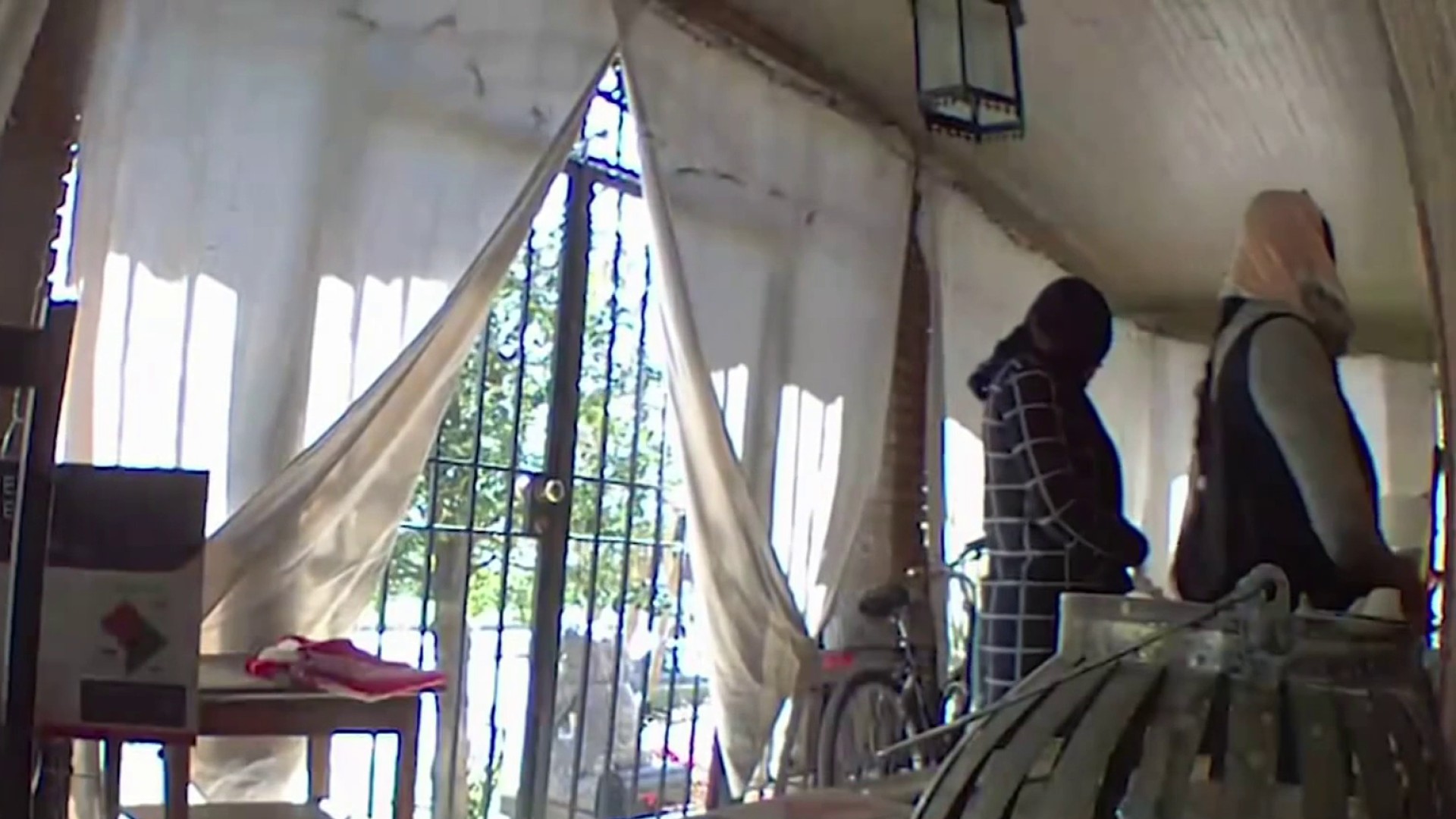Baltimore County is honoring Henrietta Lacks, the woman whose cancer cells continue to have an impact on medicine more than 60 years after they were taken while she was under anesthesia.
The county held a ceremony Saturday at the Fleming Community Center to announce that every first Saturday in August will be known as "Henrietta Lacks Day."
A street where Lacks lived was also ceremonially renamed in her honor.
Lacks, a young African-American mother of five from Virginia, died in 1951 after being diagnosed with cervical cancer at Johns Hopkins in Baltimore.
As told in Rebecca Skloot's best-selling book, "The Immortal Life of Henrietta Lacks," doctors took cells from Lacks without her knowing during her cancer treatment. They discovered the cells' remarkable ability to keep growing -- something that had never been seen before.
They called them HeLa cells for the first two letters of her first and last name.
Local
Washington, D.C., Maryland and Virginia local news, events and information
HeLa cells proved to be crucial in key developments in such areas as basic biology, understanding viruses and other germs, cancer treatments, in vitro fertilization and development of vaccines, including the polio vaccine.
While the cells led to extraordinary advancements, the way in which Lacks' cells were taken and the lack of transparency with her family is in conflict with current ethical standards in medicine. In 1951, there was no consent required from patients.



